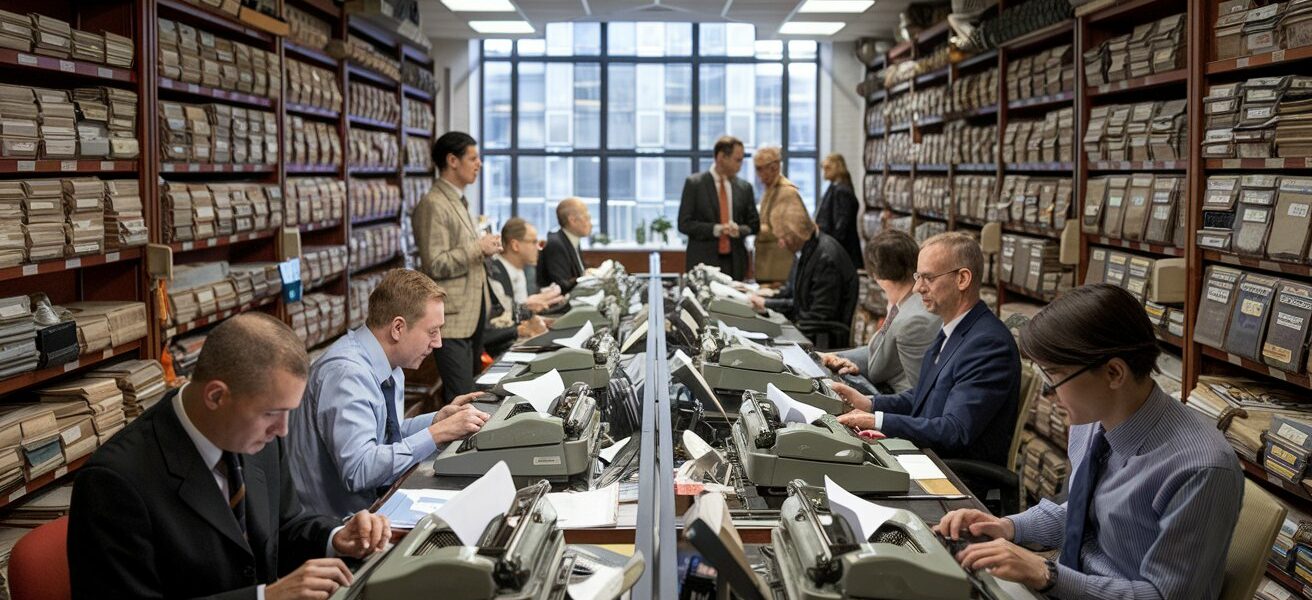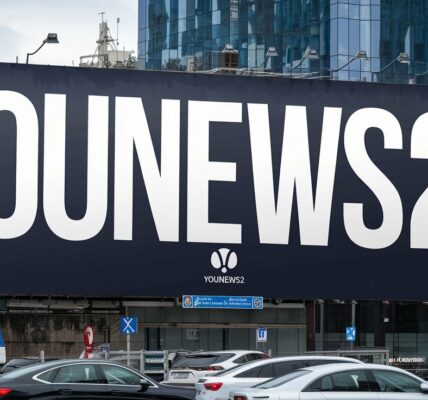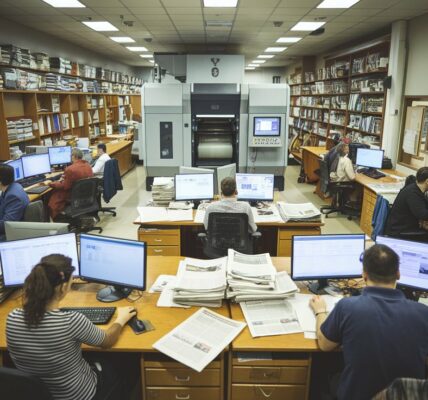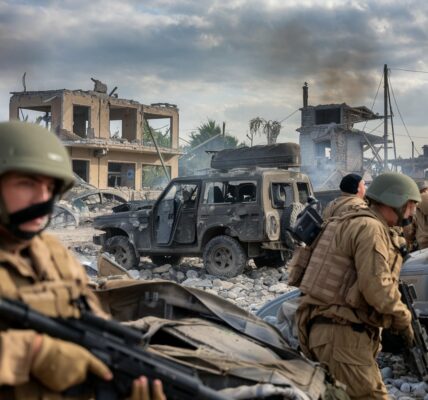Irish Firm Kingspan Faces Criticism in Grenfell Tower Fire Report
Taoiseach Simon Harris Urges Reflection on Grenfell Report Findings
Taoiseach Simon Harris has urged companies mentioned in the Grenfell Tower fire inquiry report, including Irish firm Kingspan, to fully reflect on the findings and their potential implications. The report, which provides a detailed examination of the tragic events surrounding the Grenfell Tower fire in 2017, highlights serious misconduct by several companies involved in providing combustible materials used in the building’s cladding system.
Harris expressed his deep sympathy for the families of the 72 victims of the fire and acknowledged how painful the release of this final report must be for them. “My thoughts are with the families of those who tragically lost their lives in the Grenfell tragedy. Today must be a very difficult day for them as they remember their loved ones and reflect on the long wait they have endured for this final report,” he said.
He added that while he had not yet read the 1,700-page report, he intended to do so, along with his officials, to assess whether any lessons from the inquiry could apply to building safety in Ireland. “I will take the time to read it, reflect on it, and see if there are any learnings for Ireland. I would encourage any company referenced in the report, including Kingspan, to reflect fully on those findings,” Harris added.
Kingspan Criticised for Misleading Market on Product Safety
The inquiry’s report, led by Sir Martin Moore-Bick, placed heavy criticism on Kingspan, a company headquartered in Cavan, Ireland, for its role in the use of combustible materials that contributed to the Grenfell Tower fire. Although Kingspan supplied only 5% of the foam insulation used in the tower’s cladding, the report accuses the company of knowingly misleading regulators, contractors, and the public about the fire safety of its K15 insulation product.
According to the inquiry, Kingspan and two other companies engaged in “systematic dishonesty” by deliberately manipulating the results of fire safety tests and misrepresenting the performance of their products. This led to the widespread use of dangerous materials in high-rise buildings like Grenfell Tower, posing significant risks to the occupants.
“One very significant reason why Grenfell Tower came to be clad in combustible materials was systematic dishonesty on the part of those who made and sold the rainscreen cladding panels and insulation products,” the report reads. “They engaged in deliberate and sustained strategies to manipulate the testing processes, misrepresent test data, and mislead the market.”
Kingspan’s Role in Promoting K15 Insulation
The report specifically highlights Kingspan’s actions in promoting its K15 insulation, which was used as part of the cladding system on Grenfell Tower. From 2005 onwards, Kingspan falsely claimed that K15 had passed safety tests under the BS 8414 standard, which assesses the fire performance of external cladding systems. The company asserted that K15 could be used safely on buildings over 18 metres tall, regardless of the design of the building or the other components used in the cladding system.
However, the inquiry found that these claims were misleading. Kingspan had not conducted sufficient tests to support the use of K15 in such high-risk applications, and the company knowingly created a false market for its insulation product by promoting it as safer than it actually was. The report states that Kingspan’s actions were a direct factor in the decision to use combustible materials on Grenfell Tower, which contributed to the rapid spread of the fire.
Deceptive Practices in the Building Industry
The inquiry’s findings shed light on widespread deceptive practices in the construction industry, particularly in relation to the marketing and sale of insulation and cladding materials. The report criticises multiple companies for prioritising profits over safety by misrepresenting the performance of their products in fire safety tests.
The inquiry found that Kingspan and other companies engaged in “deliberate manipulation” of the testing processes used to determine whether materials were safe for use in high-rise buildings. These actions created a false sense of security among architects, contractors, and regulators, who were led to believe that the products met stringent fire safety standards when, in reality, they posed serious risks.
The Grenfell fire exposed these practices to the world, sparking outrage over the failure of companies to prioritize the safety of building occupants. The report has prompted calls for increased oversight of the construction industry and stricter regulations to ensure that products used in buildings, particularly high-rise residential buildings, meet the highest safety standards.
Government Response and Potential Reforms in Ireland
While the Grenfell Tower inquiry primarily focuses on events in the UK, its findings have sparked concerns about the safety of buildings in other countries, including Ireland. Simon Harris acknowledged these concerns and expressed his commitment to reviewing the report in detail to determine whether any reforms are needed in Ireland’s building regulations and safety standards.
“Once I’ve done that, I will give a more considered response,” Harris said, emphasizing the need for a thorough review of the report’s findings and their implications for Ireland. He noted that building safety is a critical issue that the Government takes very seriously and that any lessons learned from the Grenfell tragedy could lead to changes in Irish regulations to ensure a similar disaster does not occur.
Wider Implications for Kingspan and the Construction Industry
For Kingspan, the release of the final Grenfell inquiry report could have lasting repercussions. The company, which reported revenues of around €2 billion for the first quarter of this year, now faces intense scrutiny over its past actions and its role in the Grenfell tragedy. The allegations of knowingly misleading the market and creating a false sense of safety could damage Kingspan’s reputation and lead to potential legal and regulatory challenges.
The inquiry’s findings may also prompt further investigations into the use of combustible insulation materials in other buildings across the UK and Ireland, as regulators seek to prevent similar disasters in the future. There could be calls for retrofitting or removing unsafe materials from existing buildings, which could result in significant costs for both property owners and manufacturers like Kingspan.
The Importance of Corporate Responsibility
The Grenfell Tower fire remains one of the most tragic incidents in recent UK history, and the final inquiry report underscores the importance of corporate responsibility in ensuring the safety of buildings and the people who live in them. The report paints a damning picture of how companies can manipulate regulatory processes for profit, with devastating consequences.
The case of Kingspan and the other companies named in the report serves as a reminder that transparency, integrity, and adherence to safety standards are paramount in the construction industry. As regulators continue to investigate the use of unsafe materials in buildings, the spotlight will remain on companies like Kingspan to ensure that they take responsibility for their past actions and work towards improving safety in the industry.
Conclusion: A Call for Reflection and Reform
As the Grenfell Tower inquiry concludes, its findings have sparked a renewed focus on building safety, both in the UK and internationally. The report’s criticism of Kingspan and other companies highlights the need for greater oversight in the construction industry and stricter regulations to prevent future tragedies.
For Ireland, the lessons from the Grenfell disaster could lead to important changes in building regulations and the way materials are tested and approved for use in construction. As Simon Harris and his officials review the report, the focus will be on ensuring that Ireland’s building standards are robust enough to protect its citizens and prevent a similar tragedy.
In the broader context, the Grenfell inquiry serves as a powerful reminder that public safety must always come before corporate profits, and that companies must be held accountable for their actions when lives are at risk.





